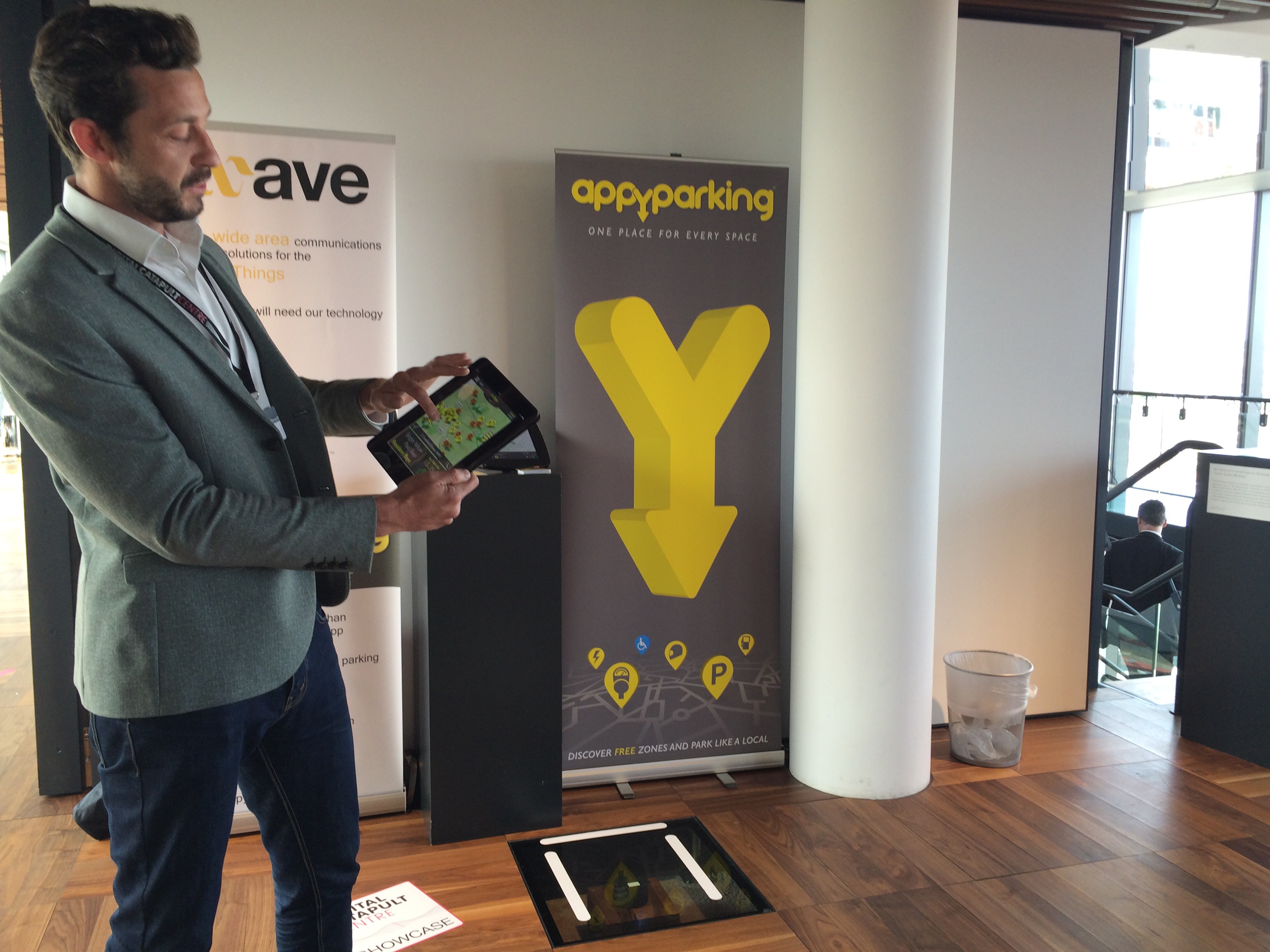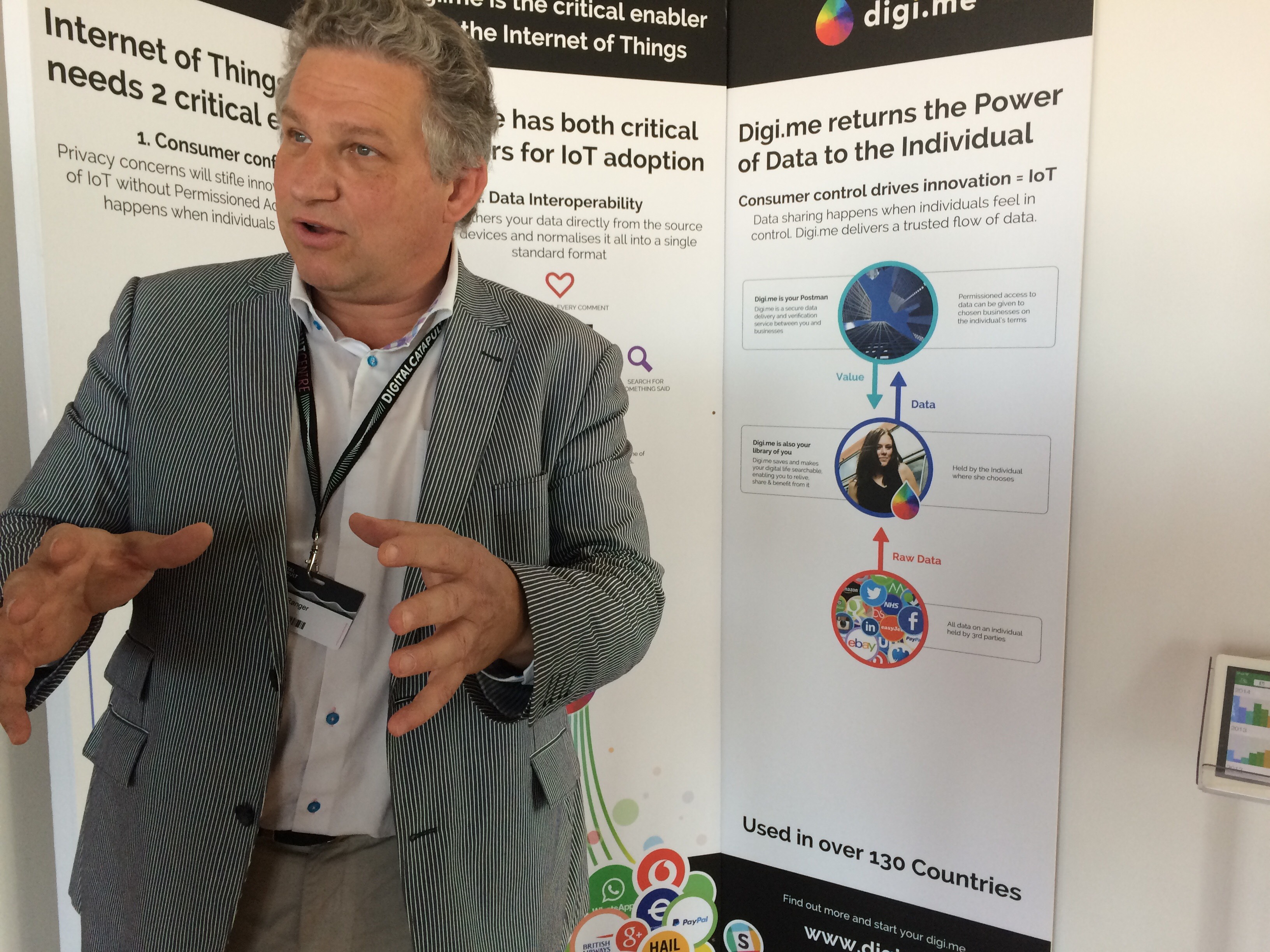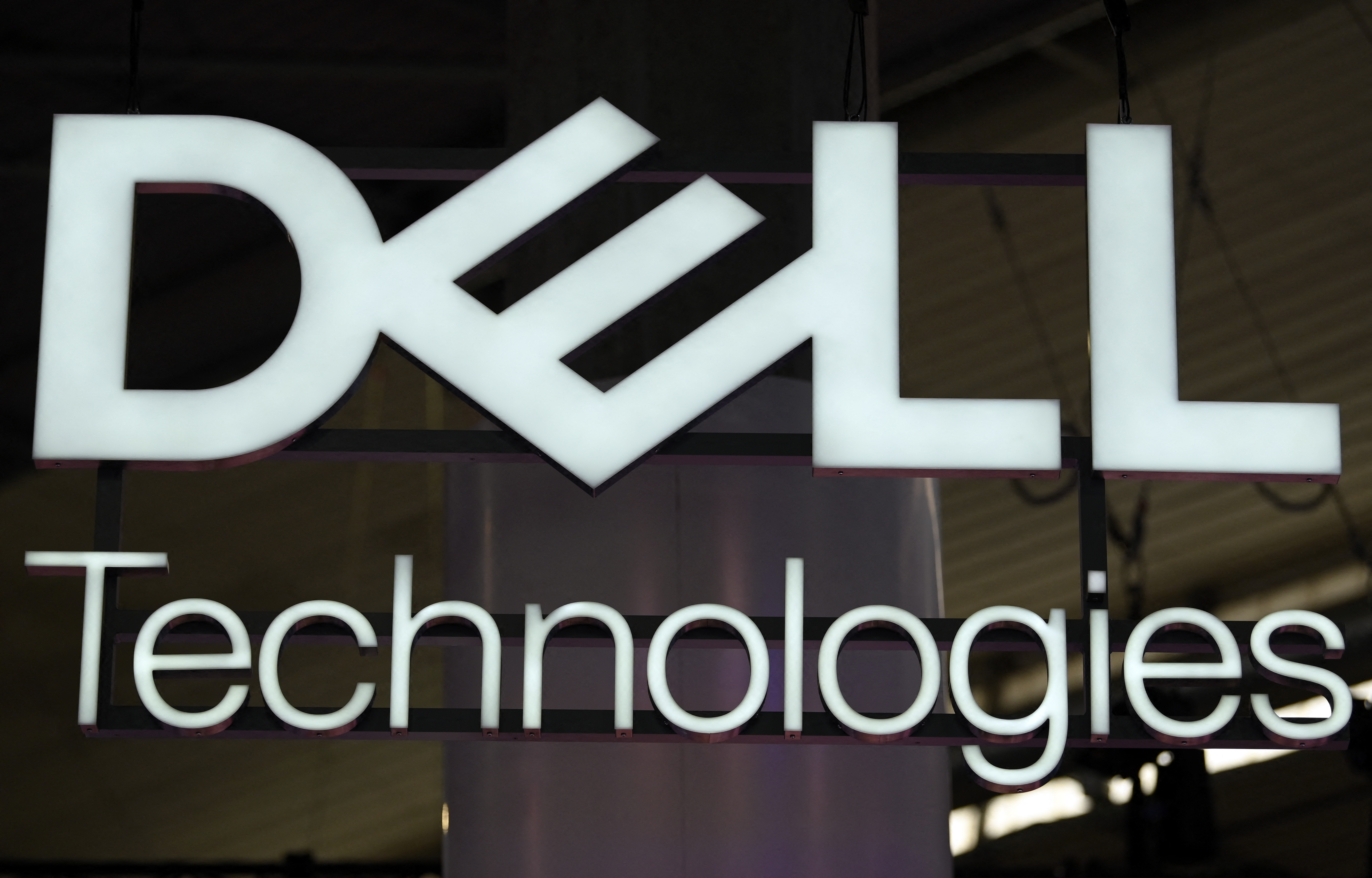Gaining consumer trust 'is crucial to IoT innovation'
Businesses and consumers alike are learning to trust in IoT, says Digital Catapult


Large companies are learning that consumer trust is key to driving innovation in the Internet of Things (IoT), according to the R&D director of a government-backed start-up support centre.
Digital Catapult's collaborative R&D director, Maurizio Pilu, also claimed that enterprises are also looking towards SMBs and start-ups to spark new IoT developments, stating how important it is for smaller firms to "stir the pot" in order to accelerate innovation.
"What we are seeing here is going to explode in a few years time," he said. "Open innovation is very important to get the big guys to talk to the small guys, and get the big guys to understand what IoT can do for them, get them to co-create and work together to develop solutions."
Pilu added that the phenomenon is becoming increasingly business-focused as it develops.
"There are many applications of IoT that are less consumer-facing, they are in day-to-day business processes," he said. "You don't see them but they're happening and they're creating a lot of economic value supply chain, transport, asset management. All of these things are going to be revolutionised by this technology."

Pointing to a tension between customer trust and innovation, he claimed data privacy fears could be overcome by giving consumers more control over their data.
"It's correct to be cautious about personal data trust it's absolutely the right thing to do," he said. "At the same time, consumers and businesses have a lot of appetite for new services, so there's a tension between the need for new services and the fact that consumers need to be protected.
Get the ITPro daily newsletter
Sign up today and you will receive a free copy of our Future Focus 2025 report - the leading guidance on AI, cybersecurity and other IT challenges as per 700+ senior executives
"That tension is a complicated one. In IoT it's going to be even more complicated because it can affect your personal life. Where you're going today in your car is intimate information that not many people are sharing on Facebook. Managing this tension is going to be a hot topic for the next few years."
One of the companies showcased at the event, digi.me, focuses specifically on the issue of personal data remaining personal to the user, doubling as a way for potential users to unite their social media data.

Chairman and founder of digi.me, Julian Ranger, also spoke to IT Pro about how companies are changing how they approach data privacy issues.
He said: "If it doesn't change you owning your own data, the world fractures because of different data protection, different views and the tension around the world. Companies can no longer provide one product for the world, but as soon as you go back and own it, you can control who gets to know about your car, where you're going and everything else.
"Europe is a great place to have this type of business, because we're so fractured and have so many different views, that actually, if you can manage to cater to that, you can do it virtually around the world."
"One of the problems with IoT is that it's very subtle, the temperature in your house can tell whether you're home or not," Pilu added.
"A normal consumer wouldn't think about that being potentially dangerous, so IoT is something more subtle than when you opt-in to share something on Facebook or Twitter, and that's why it's important to be careful. It's all about giving users more control."
Other companies showcased at the Digital Catapult event include chirp, targeted marketing platform beacontent, appyparking and Cupris Health, which turns smartphones into medical devices via connected attachments.
Caroline has been writing about technology for more than a decade, switching between consumer smart home news and reviews and in-depth B2B industry coverage. In addition to her work for IT Pro and Cloud Pro, she has contributed to a number of titles including Expert Reviews, TechRadar, The Week and many more. She is currently the smart home editor across Future Publishing's homes titles.
You can get in touch with Caroline via email at caroline.preece@futurenet.com.
-
 Cleo attack victim list grows as Hertz confirms customer data stolen
Cleo attack victim list grows as Hertz confirms customer data stolenNews Hertz has confirmed it suffered a data breach as a result of the Cleo zero-day vulnerability in late 2024, with the car rental giant warning that customer data was stolen.
By Ross Kelly
-
 Lateral moves in tech: Why leaders should support employee mobility
Lateral moves in tech: Why leaders should support employee mobilityIn-depth Encouraging staff to switch roles can have long-term benefits for skills in the tech sector
By Keri Allan
-
 Discover the six superpowers of Dell PowerEdge servers
Discover the six superpowers of Dell PowerEdge serverswhitepaper Transforming your data center into a generator for hero-sized innovations and ideas.
By ITPro
-
 Grow and innovate on an energy-efficient, sustainable IT infrastructure
Grow and innovate on an energy-efficient, sustainable IT infrastructurewhitepaper Grow and innovate on an energy-efficient, sustainable IT infrastructure
By ITPro
-
 How can IT teams best deliver value?
How can IT teams best deliver value?whitepaper How can IT teams best deliver value?
By ITPro
-
 Looking to streamline IT transformation? Here's how.
Looking to streamline IT transformation? Here's how.whitepaper Looking to streamline IT transformation? Here's how.
By ITPro
-
 Enhance end-to-end data security with Microsoft SQL Server, Dell™ PowerEdge™ Servers and Windows Server 2022
Enhance end-to-end data security with Microsoft SQL Server, Dell™ PowerEdge™ Servers and Windows Server 2022whitepaper How High Performance Computing (HPC) is making great ideas greater, bringing out their boundless potential, and driving innovation forward
By ITPro
-
 Dell PowerEdge Servers: Bringing AI to your data
Dell PowerEdge Servers: Bringing AI to your datawhitepaper How High Performance Computing (HPC) is making great ideas greater, bringing out their boundless potential, and driving innovation forward
By ITPro
-
 Dell Technologies AI Fabric with Dell PowerSwitch, Dell PowerEdge XE9680 and Broadcom stack
Dell Technologies AI Fabric with Dell PowerSwitch, Dell PowerEdge XE9680 and Broadcom stackwhitepaper How High Performance Computing (HPC) is making great ideas greater, bringing out their boundless potential, and driving innovation forward
By ITPro
-
 Drive powerful AI insights with an open ecosystem
Drive powerful AI insights with an open ecosystemwhitepaper Dell PowerEdge XE9680 server with AMD Instinct™ MI300X Accelerator and ROCm™ 6 open software platform
By ITPro